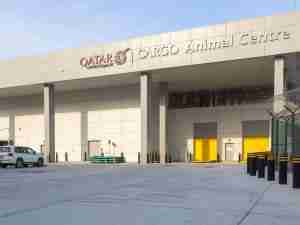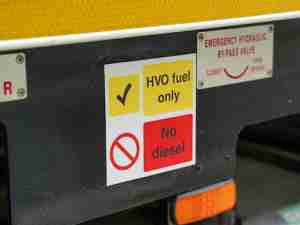Pratt Is Said Close to Unveiling New Seal Design for A320neo
By: | Nov 14 2017 at 05:17 AM | Air Cargo
Pratt & Whitney is close to unveiling a design change for engines used in Airbus SE A320neo and Bombardier Inc. C-Series jets aimed at fixing issues with a carbon seal that has led customers to ground dozens of brand new planes, a person with knowledge of the matter said.
Pratt is switching to a proven technology that reduces instances of carbon chips inadvertently getting into the oil seal, after this issue forced airlines to prematurely remove the problematic engines for inspection, the person said, asking not be the identified because the information isn’t public yet. Akhil Johri, chief financial officer of Pratt’s parent United Technologies Corp., may provide an update on the alternative design to the geared turbofan at an industry conference Tuesday morning in New York, the person said.
A spokesman for Pratt & Whitney didn’t immediately respond to an email seeking comment.
The issue with the so-called No. 3 carbon seal has been the biggest plaguing Pratt, whose rollout of the engine was mired with delays and durability problems after it spent $10 billion to build the powerplant and compete with the likes of General Electric Co. The problems caused some aircraft to be grounded and resulted in Pratt having to compensate airlines including IndiGo—India’s largest carrier and the biggest customer of A320neos.
Pratt said last month that fixes with the engine will be rolled out this year.
The new design has yet to be certified by regulators and approved by airframe makers, the person said. Once the approvals come, the new design will be used in all engines due to be delivered from 2018, as well as engines which are already in line for overhaul, according to the person.










